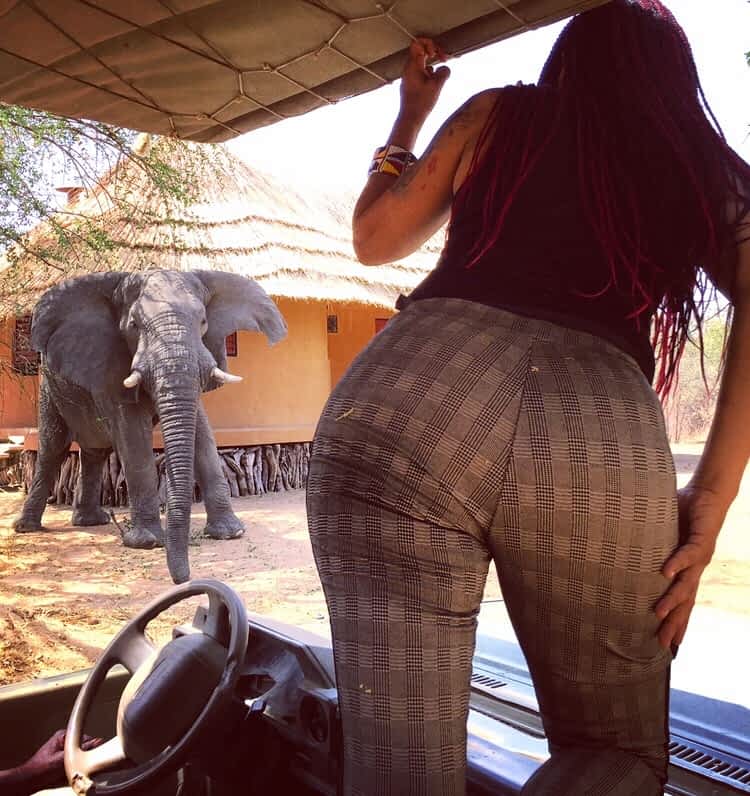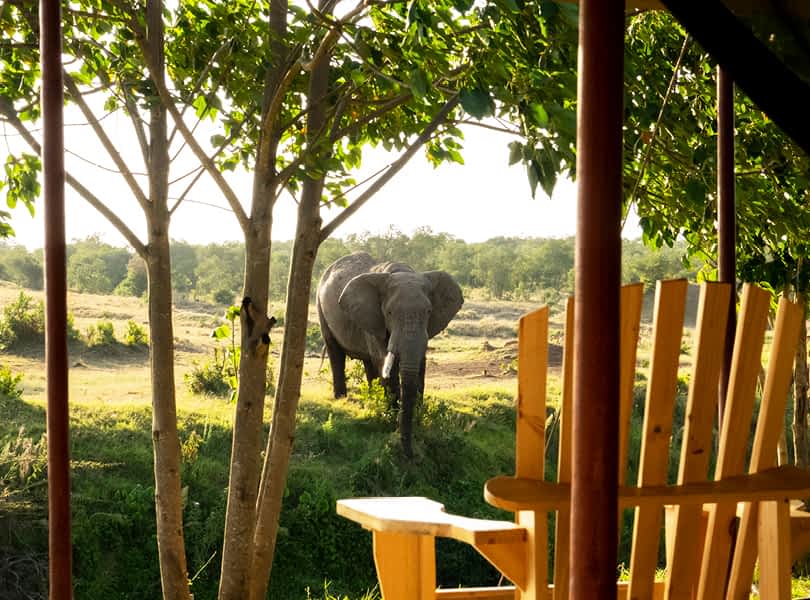The word safari is derived from the Swahili word for journey. And what an amazing journey you’ll experience! By going on a safari, you’ll embark on the adventure of a lifetime, exploring unique landscapes, spectacular wildlife, and cultures dramatically different from our own. There are numerous reasons to go on a safari including:
- Wildlife – A safari allows you to get up close and personal with a pride of lions, herds of elephants, or other rare animals.
- Meet the Locals – You’ll be able to spend time with the local tribes and learn about their culture and daily lives. You’ll likely make some new friends.
- Relaxation – Africa is the ultimate getaway. It’s a chance to escape from your busy life and relax and rejuvenate in the quiet, beautiful wilderness.
- Conservation – Tourism is essential to conservation of Africa’s wildlife and natural spaces. It generates much-needed revenue to fund conservation efforts. Park fees contribute to conservation funding and the growth and support of local communities. Tourism also acts as a deterrent to poachers or other human development that can destroy these precious natural resources.
No matter the reason for your trip, an African safari will leave you with a new perspective of life. Planning a safari takes a good amount of research and preparation. We’re here to help! Here are some of the most important things to consider as you plan your trip.
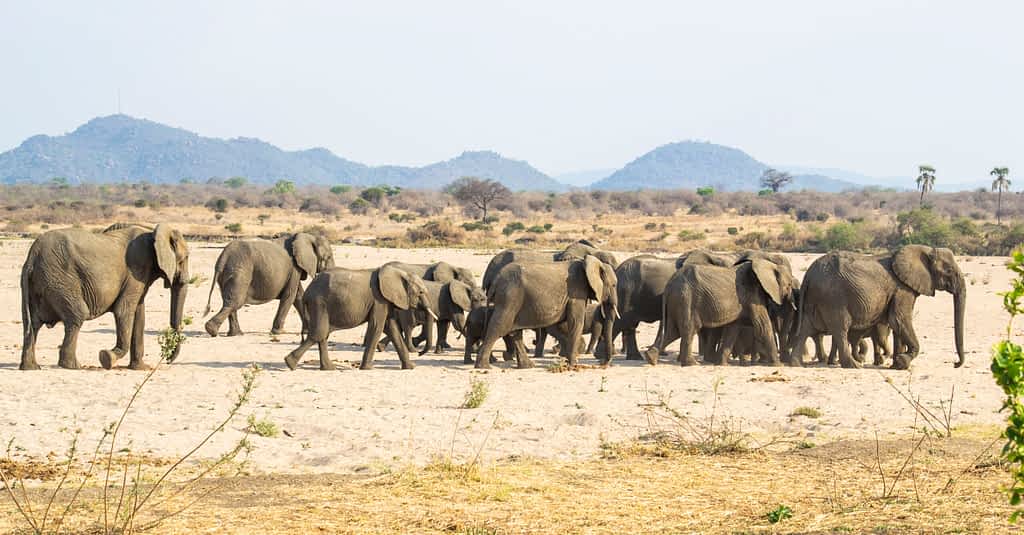
What Animals Do You Hope to See?
There are no guarantees that you will see the exact wildlife that you planned to see. African wildlife does its own thing, but you can increase your chances with research and planning. For example, if you really want to see rhinos, you’ll have a higher chance of seeing them in some locations over another. If you want to see baby animals, you will need to visit around the time of year that the babies are being born.
How Much Should You Budget for a Safari?
This is the number one question that we receive from our guests. While there are plenty of budget vacation options available around the world, an African safari isn’t one of them. Your budget will need to cover international flights, hotels and camps, activities (see our activity list below), entrance fees for parks and conservancies, game drives, road and air transportation, food, beverages, visas, and tipping. Before you start planning your trip, make sure you have a budget in place.
What Type of Accommodations Would You Like?
Kenya and Tanzania offer a wide variety of accommodations depending on your selected destination and budget. Are you looking for budget-friendly, mid-range, or luxury accommodations?
The perfect lodge for honeymooners might not be ideal for families or large groups. A lodge or camp that is designed to accommodate hundreds of people might not work for people looking for a quiet, authentic experience. Some places will have more activities. Others will embrace more sustainable practices. Perhaps having Wi-Fi is important to you?
How Many Days Should You Plan for Your Trip?
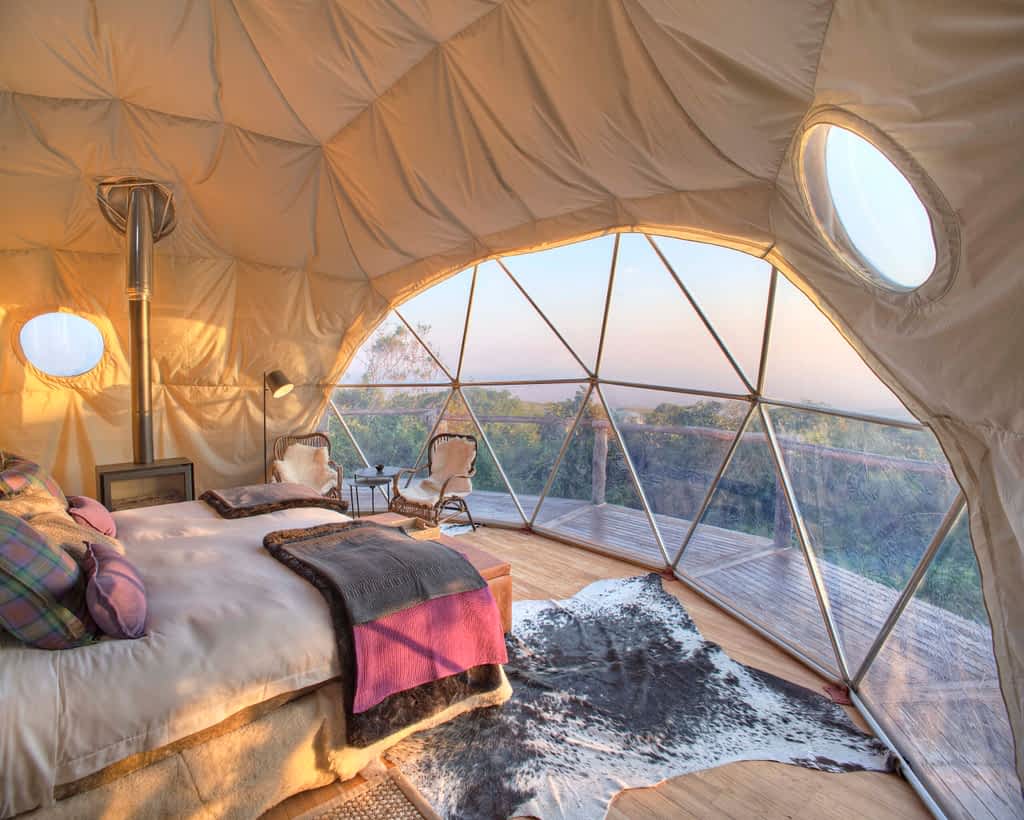
How Many Days Should You Plan for Your Trip?
The answer to this question will depend on how many places you want to visit and what activities you want to experience. Some people like to stay in one place while others may want to move around and see more diversity in wildlife and landscapes (which can vary greatly from each location).
Our recommendation is to spend at least 3 days in one place. This will give you a more immersive experience without feeling rushed. It will increase your chances of seeing the wildlife you want to see. You’ll also be able to have time to relax in your surroundings instead of having to waste time traveling by road or internal flights.
Keep in mind that changing locations throughout your trip can greatly increase your budget since moving from one place to another may require long drives or costly flights.

Is It Better to Travel Around by Road or Internal Flights (Fly-In Safari)?
When you arrive in your destination country, you’ll typically arrive through a major city. You’ll need to continue from there to the park, reserve, or conservation area where you will embark on the safari. The two main options are driving and flying.
Flying is the fastest way to travel around the country. You’ll see the term “fly-in safari” which refers to being transferred from between locations (typically from park to park) by air, rather than by road. This option is much more convenient and a great way to maximize your time on the safari without spending many exhausting hours traveling by road. Flying also gives you the ability to get a birds-eye view of the African plains. One thing to keep in mind is that flights may have a luggage allowance. You may need to pack less clothes to keep your luggage small, but most camps offer a laundry service.
The advantage of traveling by road is being able to see more of the country between locations. With flying, you’ll mostly see airstrips and national parks. Driving, on the other hand, will give you a preview of everyday life in Africa. For example, I did a long road trip in Chad. It was a long, dusty, and bumpy road trip, but the scenery along the road was breathtaking as we passed through small remote villages. The highlight of my trip was seeing the groups of nomads wandering across the country.
Are Fly-In Safaris More Expensive Than Road Transfers?
This isn’t a straightforward answer. The cost of either mode of transportation will depend on your location, group size, and special needs. In many cases, groups of four or more will find it cheaper to travel by road transfer since the price will be divided between the number of people in the vehicle. However, two travelers may find it cheaper to do a fly-in safari.
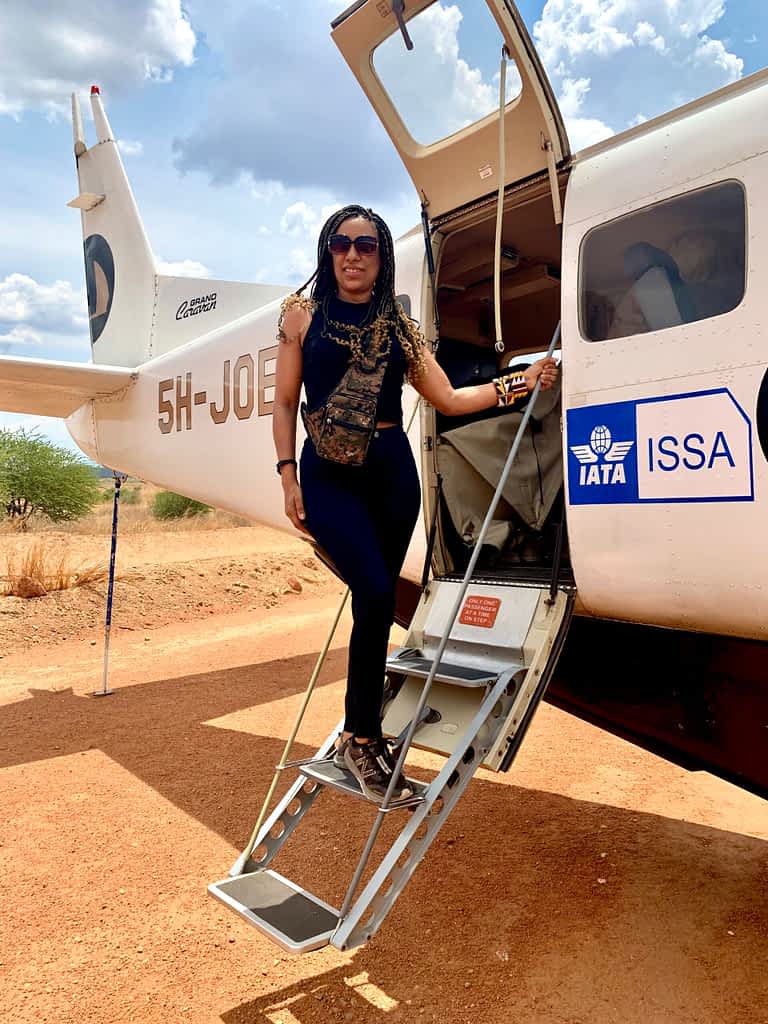
Can I Take Children on a Safari?
We typically recommend safaris for children ages eight and up. You’ll find that each property has its own age restrictions for guests. There are many camps and lodges across Kenya and Tanzania that are extremely family friendly. Some have child-focused programs and staff that are especially welcoming to little ones.
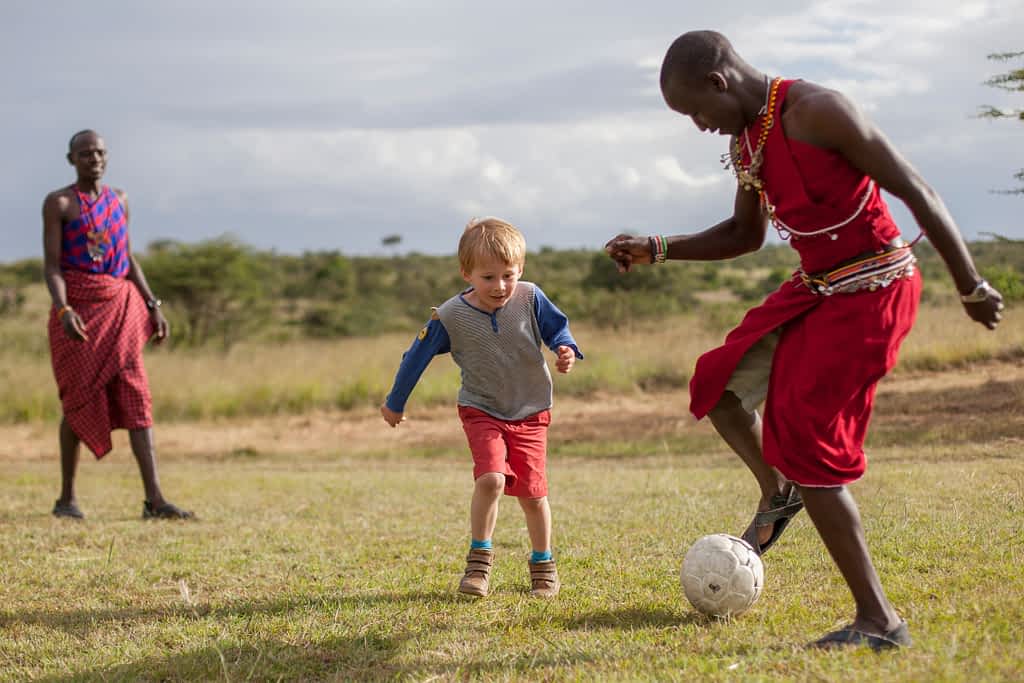
How Many People Will Be in Your Group?
Are you planning a trip for two, a small group of friends, a large group, or traveling with children? The number of people traveling with you will influence your itinerary and determine how far in advance you need to start planning. Generally, the larger the group, the more time you will need to properly plan and organize your trip.
Many safari camps have only a dozen or fewer rooms which fill up quickly, especially during the peak season. For this reason, booking early will help guarantee the availability of your accommodations. This is essential if you have a large group, need multiple rooms, or have special accommodation needs.
Another thing to consider when planning your trip is physical health and disabilities. Elderly and disabled travelers may find it difficult to walk uphill between the dining and lounge areas and the guest’s rooms.
What Activities Are Available on a Safari?
Africa has many activities to add to your safari experience depending on where you go. Here are a few examples of the types of activities you can expect:
- Hot air balloon safari over Tanzania’s Serengeti or Kenya’s Maasai Mara
- Beautiful beach resorts after your safari in Zanzibar or Mombasa
- Shopping for unique handmade crafts
- Visiting the last two Northern White Rhinos in the world
- Horseback riding across the African wilderness
- Jogging through the wild with the rangers in Ol Pejeta
- Walking safaris with Maasai or Samburu warriors
- Night safari game drives to spot nocturnal wildlife
- Visiting the villages of the colorful Maasai and Samburu tribes
- Visit the elephant orphanage at Sheldrick Wildlife Trust or Reteti a remote community elephant sanctuary
- Go trekking up Mount Kenya (highest peak in Kenya)
- Interact with the canines of the Anti-Poaching Unit
- Boat safaris
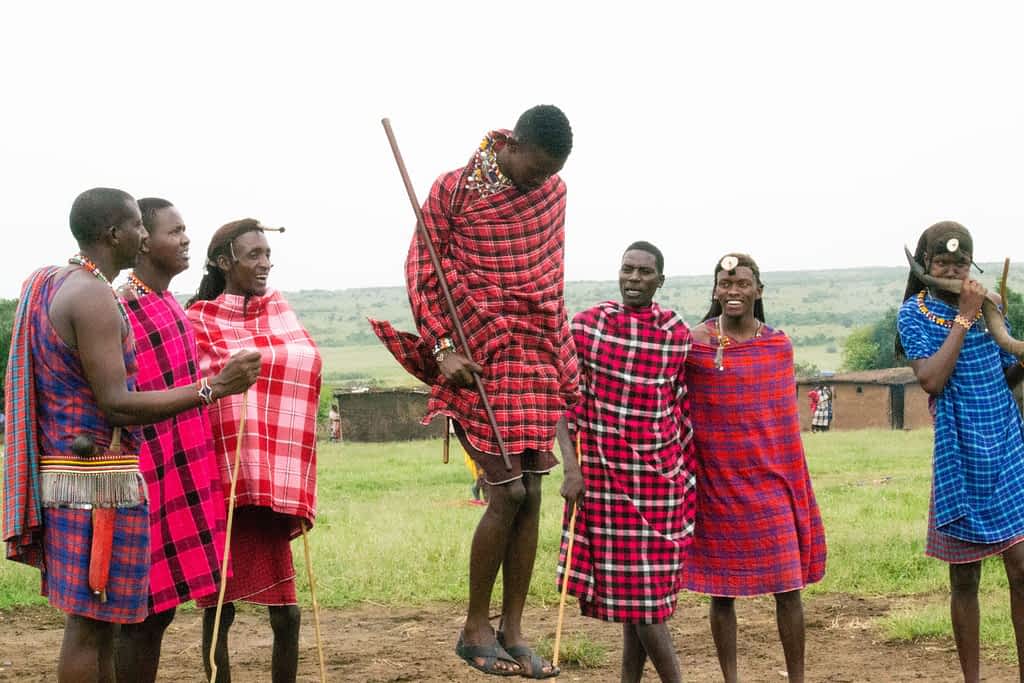
What’s the Difference Between National Parks/Reserves and Private Conservancies?
National Parks and Reserves should definitely be a part of your safari experience. These areas are run by the government or local councils who are responsible for maintaining the roads, enforcing rules, and providing security within the park. They typically cover vast areas. Due to their large size, national parks are home to a much larger number of wildlife and offer more variety in terms of landscapes than a conservancy. Game drives are usually only permitted on designated roads which means you won’t be able to go off-roading to get a closer look at wildlife. Some national parks and reserves restrict activities such as night drives, walking safaris, or horseback riding. National parks and reserves are open to anyone and self-driving is allowed (which means hordes of tourists in peak season competing for the best animal sighting spots). The entry fees for national parks are usually lower than private conservancies.
Private conservancies are a piece of land that is owned by and leased from the local community. They are typically located adjacent to national parks which means the wildlife viewing opportunities are similar. Most private conservancies restrict the number of visitors allowed which makes a safari in a conservancy a special, crowd-free experience. You’ll be able to enjoy the wilderness and not have to jostle for position at an animal sighting. Conservancies are mainly committed to wildlife conservation and anyone who visits the area is helping to support this vision. Money collected by the conservancy provides income and employment to members of the local community who work as guides and drivers. Your stay truly makes a difference to the lives of both the people and wildlife of a conservancy. You can also enjoy night drives, walking safaris and drive off-road to follow wildlife.
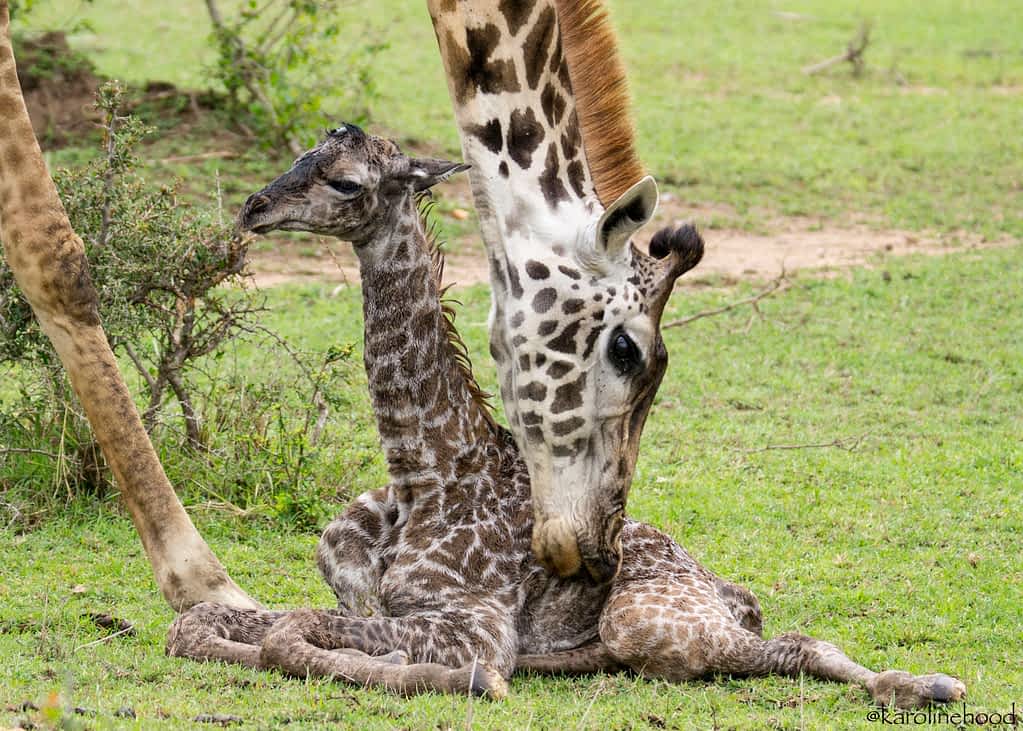
Are Safaris Safe?
Safaris are very safe as long as you follow the instructions given to you by the camp managers and guides. These rules will help you understand how to safely walk around the camp, participate in game drives, or join bush walks. You should never feel like your safety is at risk as these experts are professionally trained and live alongside the wildlife every day. In fact, many guests are amazed with how safe and comfortable they feel during their entire vacation.
What Are the Visa Requirements?
For visitors to Kenya, information regarding visa requirements and fees can be found online at www.ecitizen.go.ke. Tanzania tourist information is available at www.immigration.go.tz.
In some countries, you can get a visa on arrival, while others may require you to have one ahead of your trip. Either way, it’s best to have all your paperwork in beforehand to speed up the process when arriving at the airport. Applying for a visa online is easy and can take about two weeks to process.
There may also be some required vaccinations and medications needed for your trip. Generally, you will need a few vaccinations as well as some anti-malaria pills. For more information on destination-specific vaccines, consult the Centers for Disease Control’s destination list.
Do You Need Travel Insurance?
It is strongly advised to carry travel insurance during your trip. Coverage should include lost or stolen luggage, delayed flights, trip cancellation, and full medical insurance. If something should happen during your trip or you need medical attention, it’s best to be covered.
What is the Best Time of Year to Visit?
Although Africa is warm all year, the season you go to will affect your experience. For example, during the rainy season in Kenya, the number of tourists and the average prices of a safari are a lot cheaper. However, this is also when many animals disperse, making it harder to spot them.
During non-peak times, some camps will close, and road conditions could make game drives difficult. Plus, going on a game drive in the rain is not so much fun.
Another thing to consider is the Great Wildebeest Migration (from July to October). This spectacle is amazing to witness and is extremely popular. However, prices will be much more expensive. Also, certain times of the year are better for spotting baby animals or migratory birds.
You may be restricted to what you can bring on your trip due to weight restrictions for luggage on international flights. Here is a list of the items that we recommend packing for your safari.
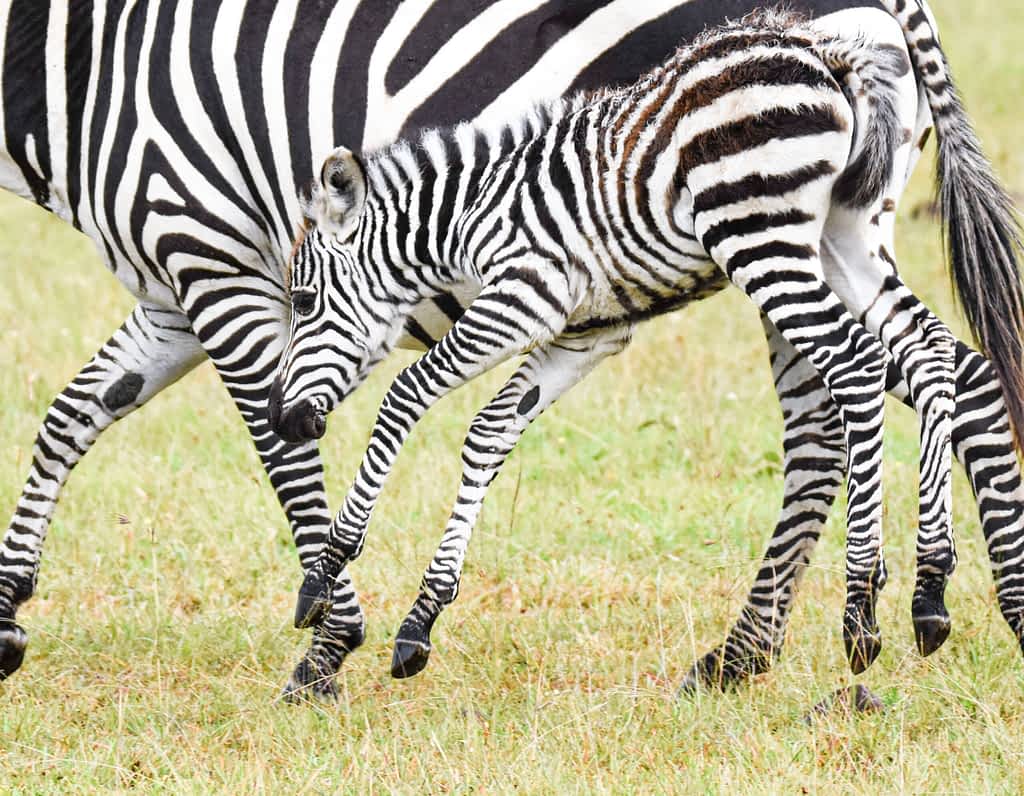
What Do You Need to Pack for a Safari?
You may be restricted to what you can bring on your trip due to weight restrictions for luggage on international flights. Here is a list of the items that we recommend packing for your safari.
Getting the Most Out of Your Safari Experience
There are no guarantees when it comes to safaris, so it’s important to manage your expectations. The national parks are huge areas and the wild animals can move freely without fences or barriers. While most animals do stick to a general territory, it doesn’t mean you’ll see everything that you wanted to see. No matter what, you will still have an amazing adventure
If you’re ready to take the next step, contact us today to learn more about how we can help you plan the African safari of a lifetime.
